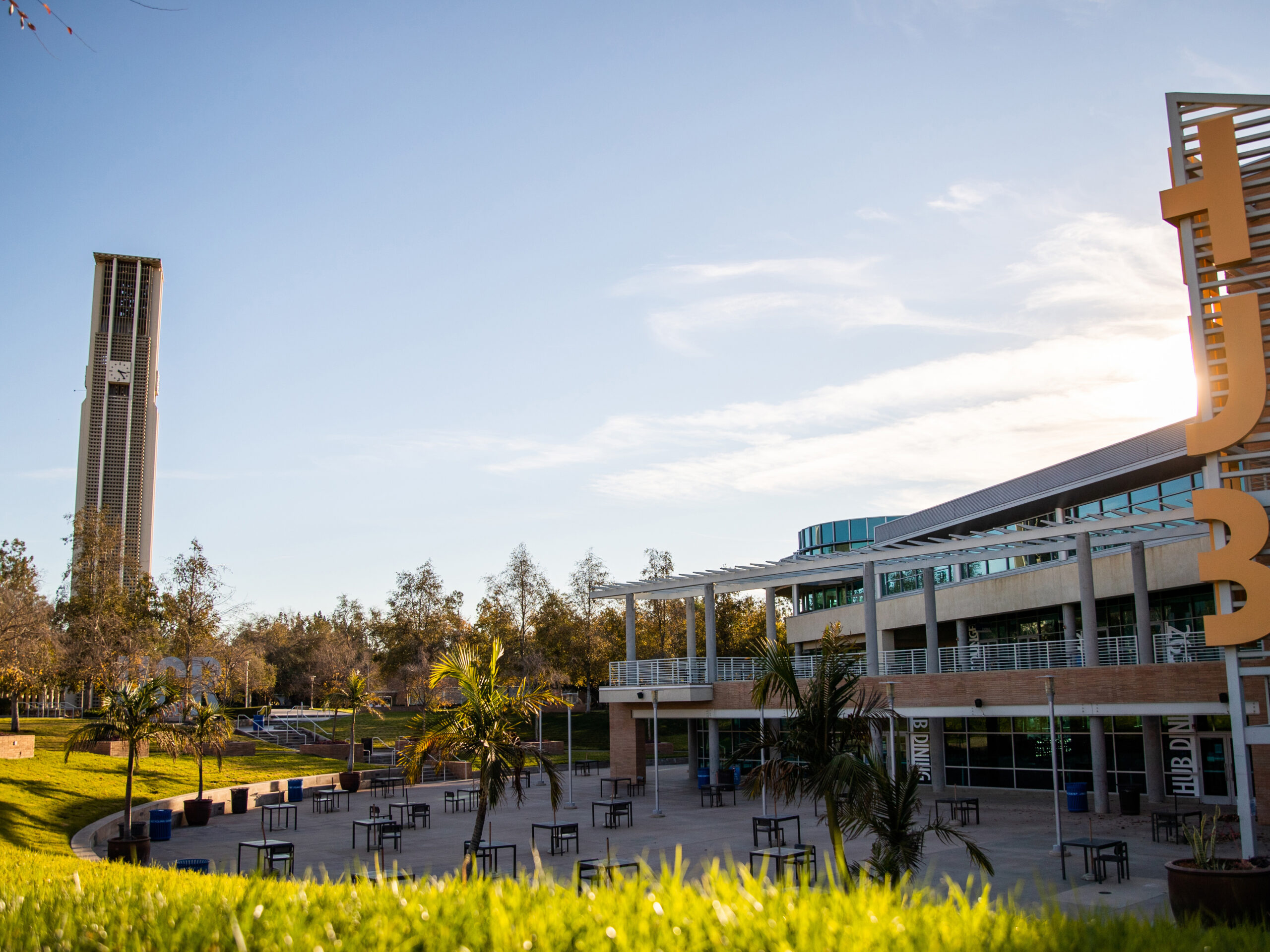
High school students have endured extreme stress due to college rankings, U.S. news reports or otherwise, the demands of academic life and the college application process. But now that a light is being shone on how these rankings are determined and colleges have been accused of submitting false reports, it’s a rather offensive affront. The different factors used in order to determine a college’s rankings do little to illustrate academic rigor and quality, factors which are of a high priority to those pursuing higher education. High school students and other applicants deserve better than basically getting scammed.
Colleges should still be held to a high standard, and rankings give clear motivation for universities to continue improving. However, U.S. News’ rankings have been revealed to be encouraging rather unimportant factors while ignoring characteristics that are very important to modern college applicants. They don’t tell students about the academic standards of a school, but instead they look at professor salaries when they should be looking at their teaching quality. Furthermore, factors like financial aid spending or diversity are important to the modern prospective student population and they are not included, making these rankings even less applicable to them.
Rankings can be useful to applicants who don’t have much guidance and they can give a broad sense of the academic standards of each school. But they can only be useful if they’re actually based on facts and important factors. Colleges should be encouraged to meet high standards, and the U.S. News Rankings fails to do so. Taking it even further, colleges of all levels of perceived prestige can offer an equally decent education. It’s really about what college is the best fit for each individual student, so these rankings should be considered very general and not the end all be all.
This system is also unreliable due to the fact that the information used to create the rankings are self-reported by the colleges. As recently as last month, prominent universities such as University of Southern California, Columbia and Rutgers have been accused of reporting false information to U.S. News. Even worse is how schools specifically adjust their systems to improve their rankings. Universities have gone so far as to purposely manipulate the factor of class size index by adding larger classes in the spring, such as introduction lectures where there are hundreds of students. There have also been attempts through the lowering of the intellectual demand of classes in order to increase graduation rates. These blatant lies increases their ranking and help to manipulate future students.
Applicants deserve to know exactly what these rankings mean. This false advertising on the part of universities and ranking publications is scheming and promotes stagnancy. Unfortunately, colleges presenting false information in order to unfairly earn a higher ranking isn’t a shock at all. After all the hard work students put into their applications, GPA and involvement in extracurriculars, the least U.S. News can do is hold those colleges to an accurate standard and demand accurate information.







